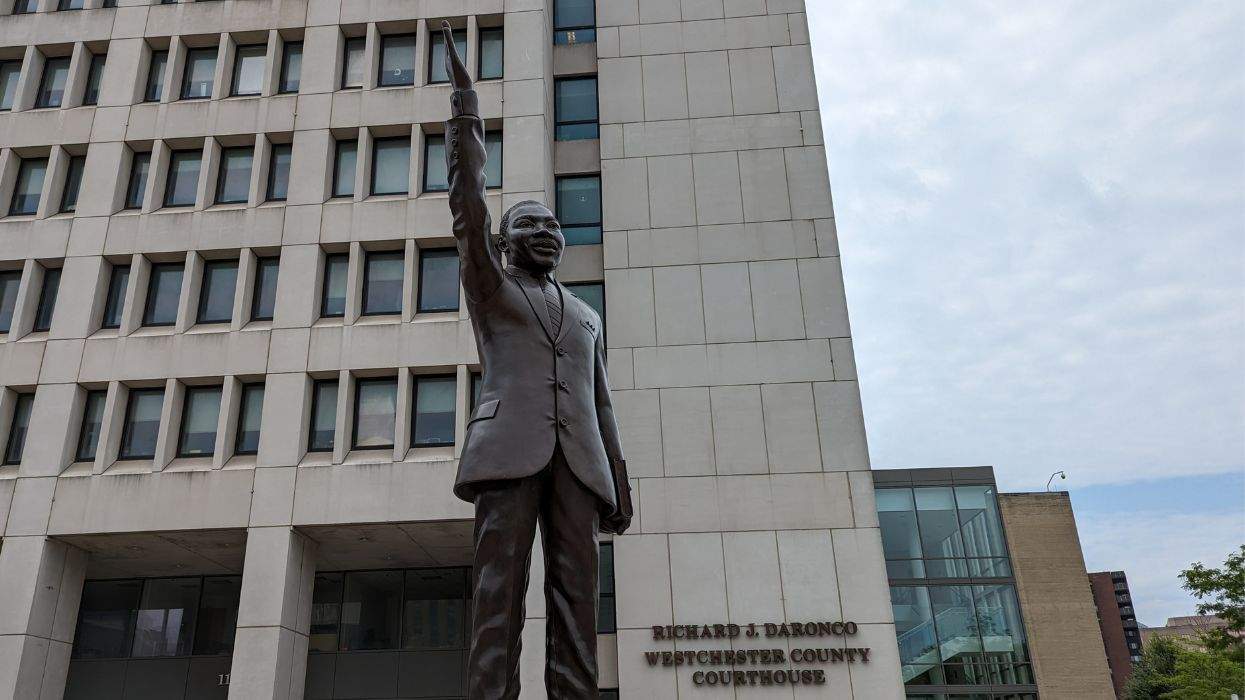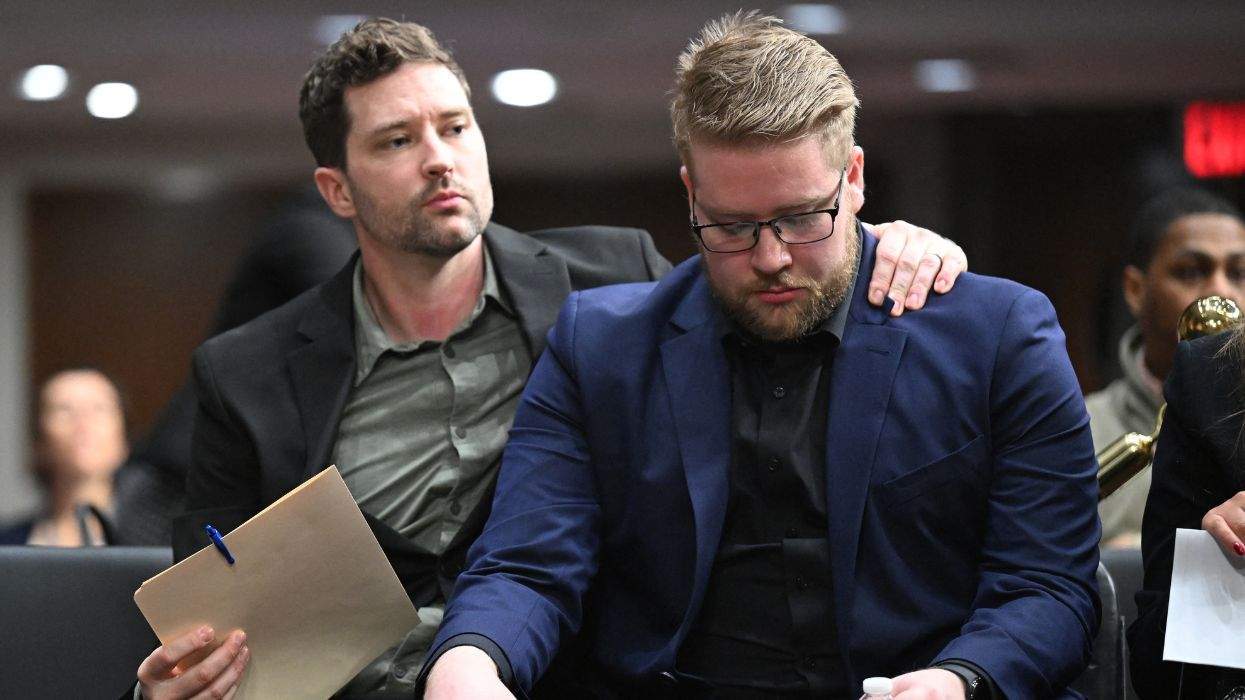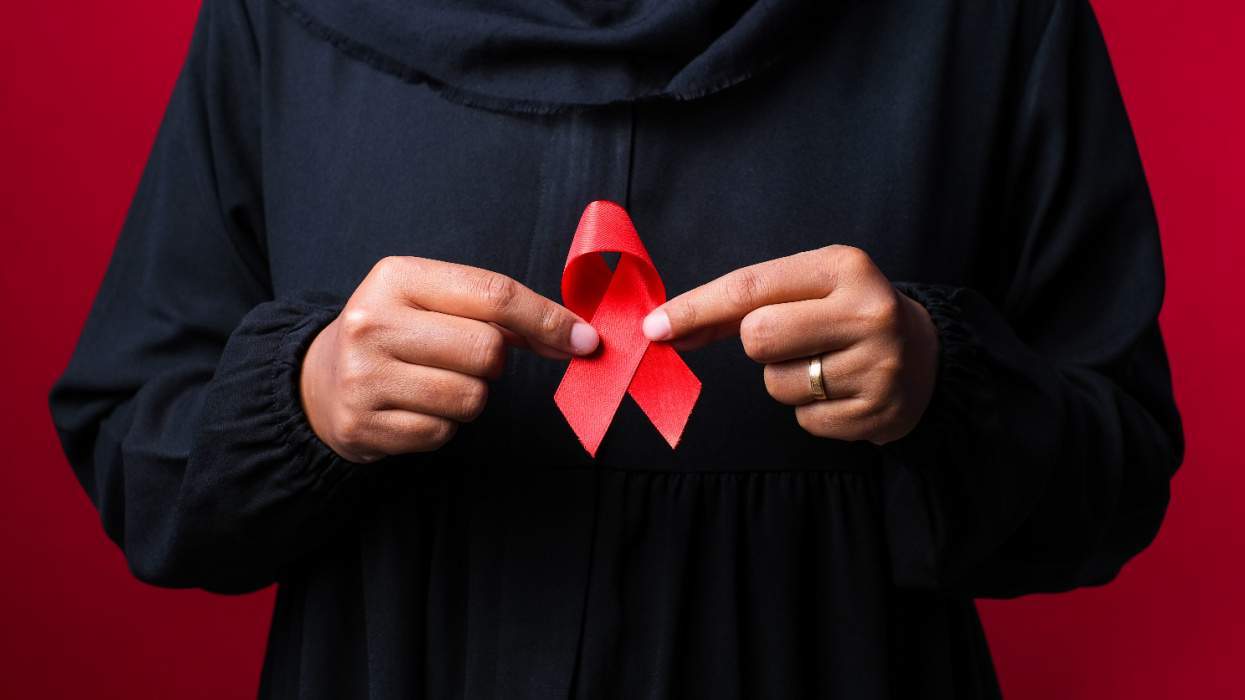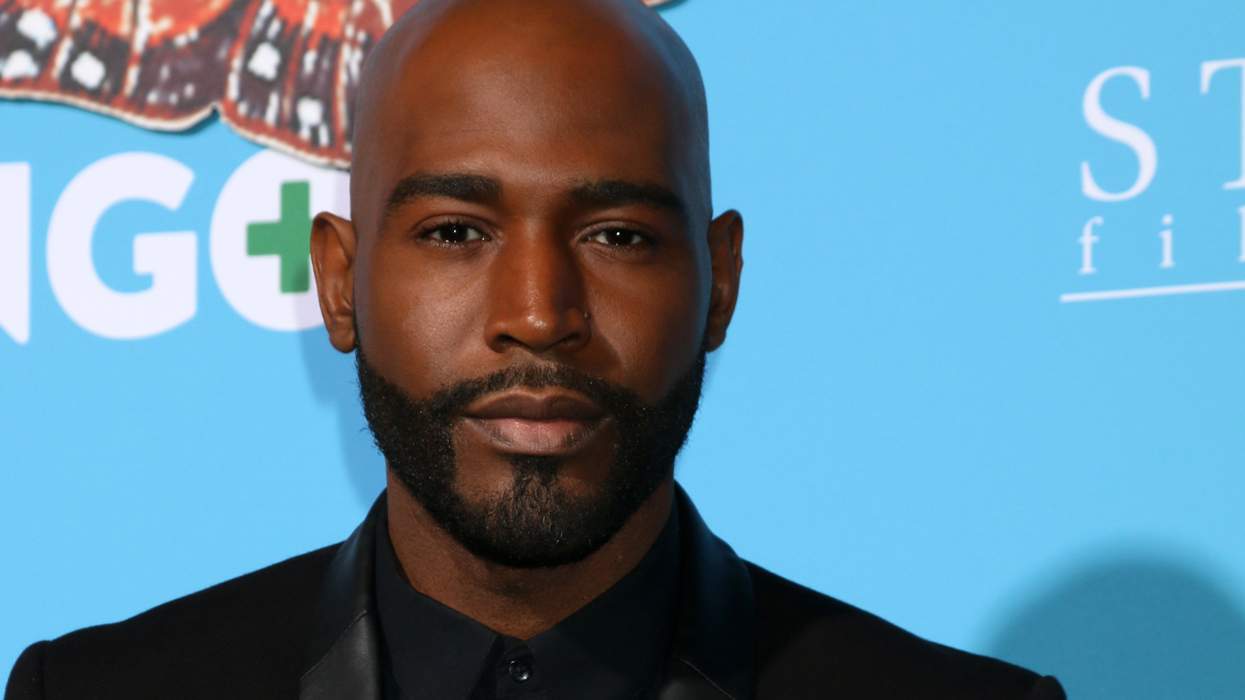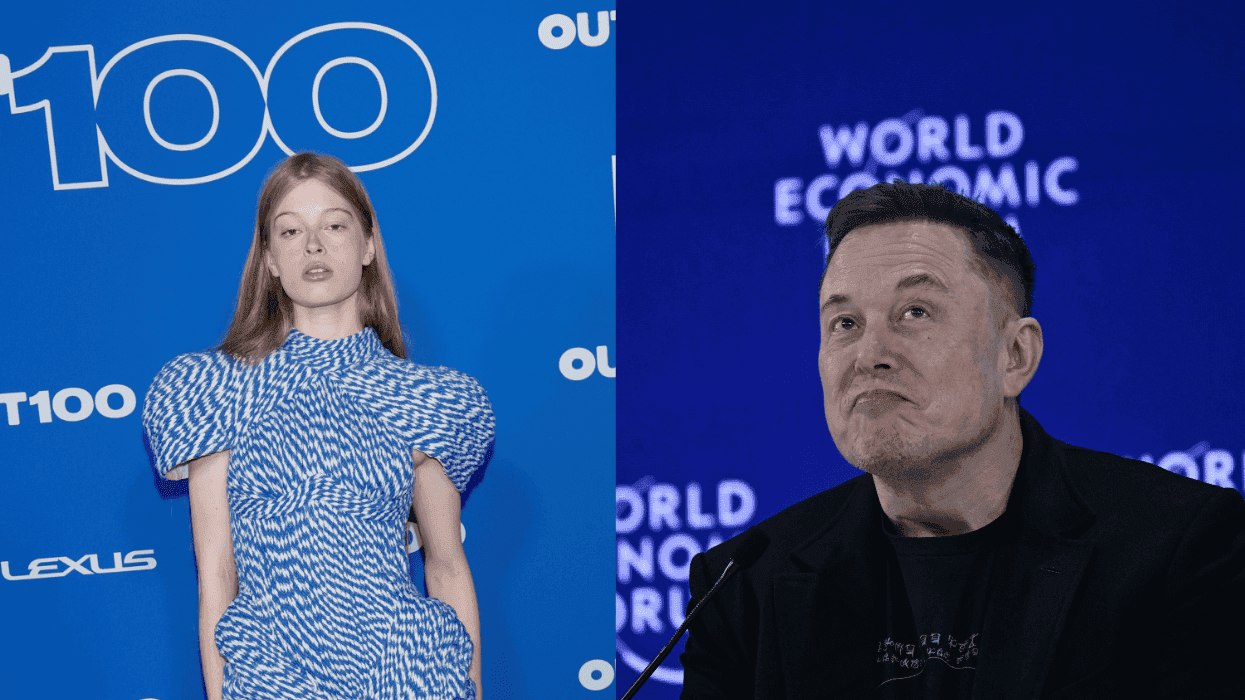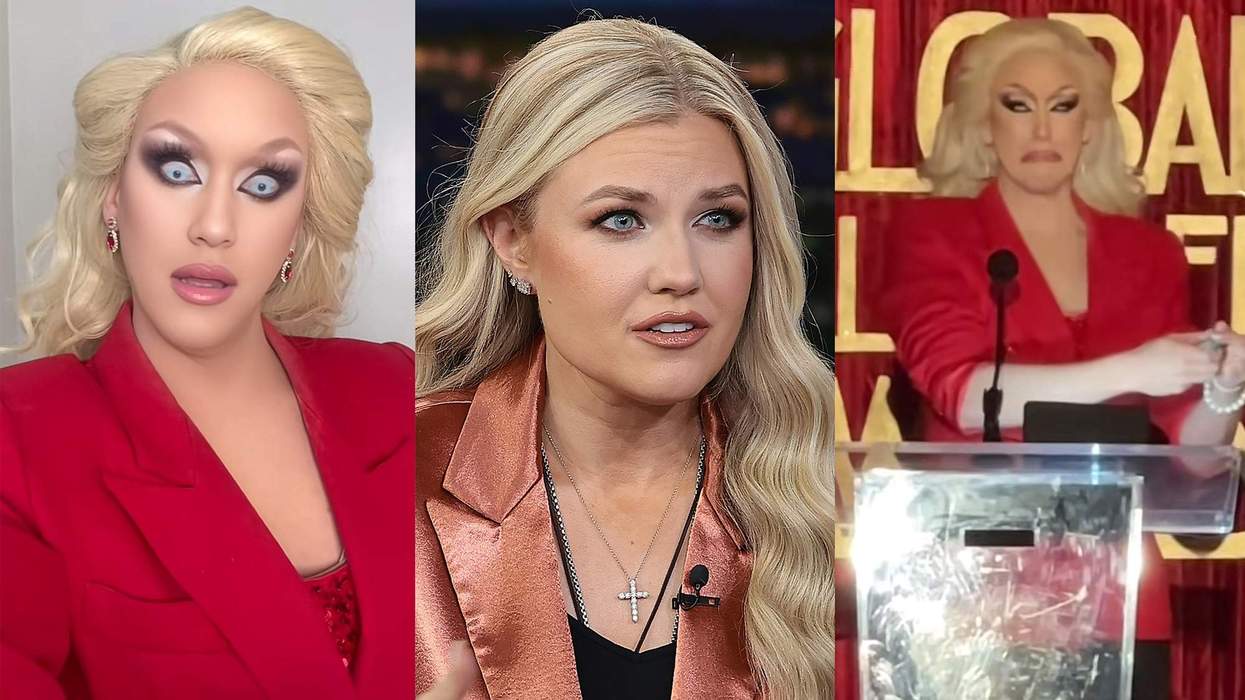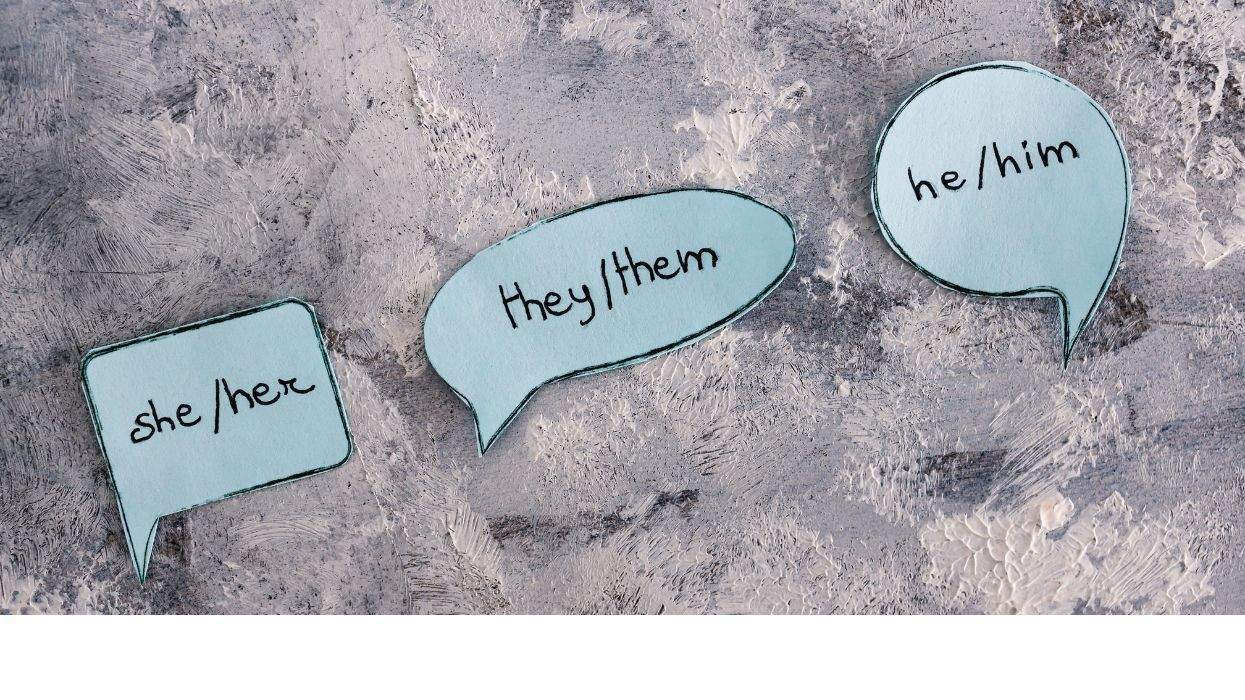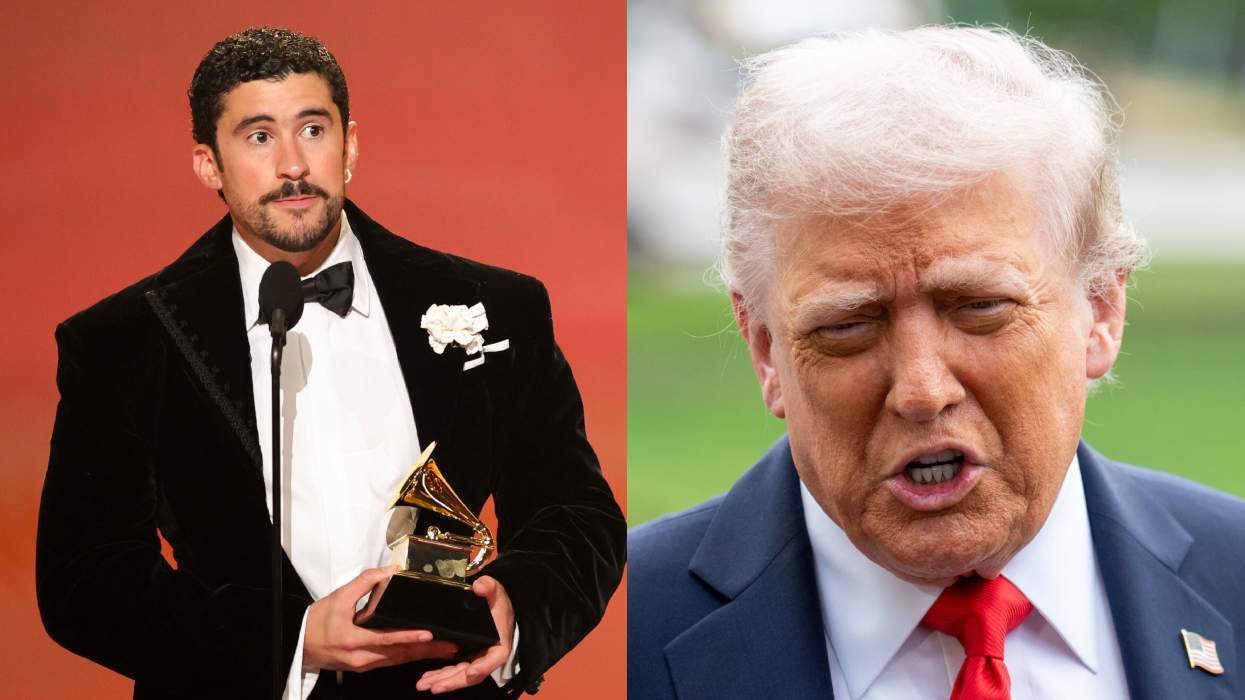At the end of March, President Trump attempted to reassure Americans who are feeling the stress of the coronavirus pandemic by inviting Mike Lindell, the CEO of MyPillow, to speak at his daily press briefing.
Calling America a "nation [that] had turned his back on God," Mr. Lindell encouraged people to "use this time at home to get back in the Word, read our Bibles, and spend time with our families."
Clearly, that is exactly what Americans needed -- a good helping of religious guilt along with their pandemic.
Meanwhile, in New York City, a Christian organization called Samaritan's Purse, led by notoriously anti-LGBTQ Christian supremacist Franklin Graham, has set up a field hospital in Central Park to treat overflow patients in cooperation with Mt. Sinai Hospital from nearby hospitals. Even during this pandemic, this organization requires volunteers and health care workers to sign a statement of faith, proclaiming that marriage is defined as "exclusively the union of one genetic male and one genetic female" and that unbelievers are sentenced to "everlasting punishment in hell." The group is well known for using its social services to proselytize. Last year, the organization received $39 million in government support. In an appearance on Jeannine Pirro's Fox News program, Graham said that this pandemic happened because "man has turned his back on God."
Graham claims that they "don't discriminate against anybody we help," but confirmed that they "lawfully hire staff that share our Christian beliefs." On this last point, he is probably correct. The federal government and many states offer religious groups exemptions to civil rights laws to allow them to discriminate in employment. But why?
"Christian privilege" is the term atheists and nonreligious people frequently use to describe how Christian viewpoints, particularly conservative evangelical ones like those expressed by Lindell and Graham, are favored over nonreligious viewpoints in our law and culture. If you ask most Americans, they believe that the separation of church and state enshrined in the U.S. Constitution should apply to everyone and prevent the government from giving taxpayer dollars or special favoritism to churches. Sadly, this is less and less true.
Using their nearly unlimited wealth, access to powerful politicians like Donald Trump and Mike Pence, and increasing control over the court system, a tiny minority of Christian supremacists have done everything they can to establish special rights for religious organizations. These extremist groups are indeed achieving their goal: guaranteed government funding, free of oversight and exempt from nondiscrimination rules, to allow them to advance their religious mission as they see fit.
And there is evidence that this failure to live up to our constitutional precepts is having a significantly negative impact on those groups most reviled by Christian supremacists: LGBTQ people, religious minorities, and yes, atheists and nonreligious people.
Next month, American Atheists will launch a groundbreaking report based on the U.S. Secular Survey, a nationwide survey of nearly 34,000 atheists and nonreligious people conducted in 2019. This report confirms what we have long suspected; nonreligious people face rampant stigmatization and discrimination in the U.S., and dramatically more so in very religious communities.
Here is a bit of a preview: when it comes to health care, the tens of thousands of nonreligious people surveyed painted a bleak picture. One in ten (10.7 percent) faced discrimination in health care because of their nonreligious beliefs within the past three years, and in areas of specialized health such as mental health (17.7 percent) and substance abuse services (15.2 percent), the numbers were even higher.
The simple fact is, during this epidemic, we all need access to competent health care that we can trust. As an atheist, I don't trust Graham's organization to offer unbiased services, and I don't know why any nonreligious or LGBTQ person would. Perhaps more importantly, like many people, I would never choose to receive services from such a discriminatory organization, and it violates my right to religious freedom for the government to force me to do so by providing essential social services through these organizations.
If our constitutional protections are to mean anything, they must apply equally to everyone, even during emergencies. It is incumbent on all of us to not allow Christian privilege to overcome the rule of law.
Alison Gill is the Vice President for Legal & Policy at the group American Atheists.

